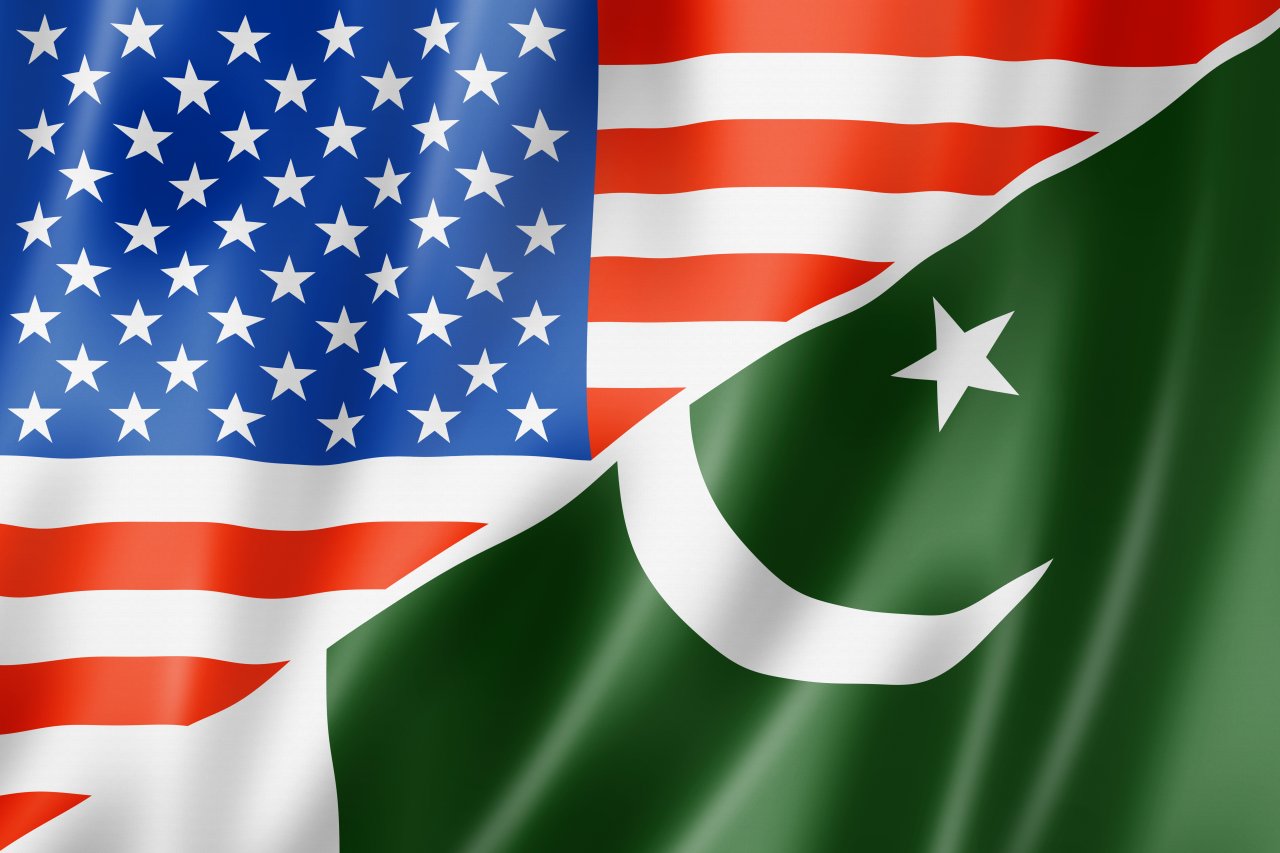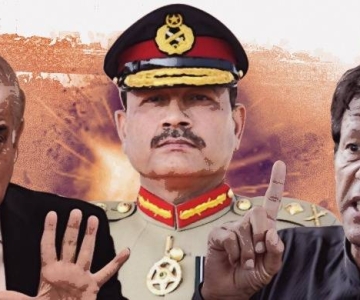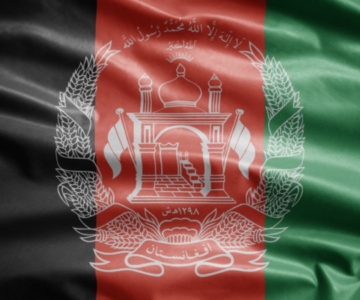Pakistan’s relationship with the United States has hit a new low. Judging by the mistrust and anger on both sides, it will take considerable effort to repair it. This festering acrimony can have serious consequences. Public messaging has overtaken bilateral engagement and bravado has trumped diplomacy.
Earlier this week, Pakistan was placed on a special watch list of countries that violate religious freedom. Heather Nauert, the US State Department spokeswoman, announced suspension of most security assistance — roughly $1.1 billion including Coalition Support Funds — to Pakistan until Islamabad “takes decisive action” against militant groups. This suspension was in addition to the $255 million in military aid already withheld by the US. In any case, security aid to Pakistan has been dwindling. It has fallen from $1.6 billion in 2003, to $319.7 million by 2017.
President Donald Trump’s tweet on January 1 sparked an array of furious reactions in Pakistan while in American policy circles the old trope of Pakistan’s perfidy returned with a vengeance. For Pakistan’s establishment to think that it’s support for Afghan Taliban will somehow be overshadowed by selective counterterrorism measures is ‘self deception’ in the words of former Prime Minister Nawaz Sharif. And for the US officials and experts there is little introspection as to what went wrong in Afghanistan beyond Pakistan’s ‘deception’. In an asymmetric relationship, the more powerful sets the narrative. The American view is therefore global barring exceptions like China.
President Trump had already indicated what was coming in his August 2017 speech. Did Pakistan’s military headquarters, the foreign office and the cabinet prepare themselves for this rupture?
The foreign minister and the military spokesperson in Pakistan have reacted with misplaced aggression. The minister has even declared perhaps a little too early that the alliance is over. The military has reiterated that Pakistan’s army is a capable force even without US assistance. Other than placating the domestic constituencies where anti-Americanism has been a long standing trend, this was also broader global public messaging. Foreign policy seems in this day and age to have become a collation of whimsical tweets, press conferences and hard-hitting public statements.
But there is more to Pakistan’s strong reaction than just appeasing the domestic constituencies. Unlike the previous low-points in Pak-US relations, Pakistan has some advantages this time. First, Chinese alliance is growing and deepening and the country is part, albeit small, of the Chinese long-term vision for global economic dominance. Secondly, Pakistan’s establishment knows that for logistics, the route through Pakistan is least expensive and may not be abandoned anytime soon. Thirdly, the future settlement in Afghanistan at least for now is not possible without Pakistan’s assent and close involvement. Fourthly, the US administration’s anathema to Iran helps Pakistan secure a better collaboration in the future.
Fifthly, Russia has already emerged as a defence partner and its interest in what happens in Afghanistan is at variance with the US. Pakistan views itself as part of the future Sino-Russian axis emerging as a counter-weight to US-India strategic alliance in Asia. Lastly, President Trump’s interest in foreign wars, which he vociferously shunned during his electoral campaign, is driven more by the national security apparatus than his conviction. And the assessment that informed Pakistan’s strategic circles — and continues to do so — was that sooner or later, the US will disengage from Afghanistan.
However, if the relationship nosedives further and the US chooses to use alternative supply routes as it did after the Salala incident, then we have a wholly different scenario ahead. The Indo-US duo on eastern and western borders will enable the worst of conspiracy theories come true. In that case will China come in aid of Pakistan? To the extent of securing its investments and reducing the tensions, China will play a role but to expect the latter to directly intervene for Pakistan, as drummed into public narratives, is a miscalculation at best. China has strong economic ties with the US as well as India. Economics triumphs grandiose notions of power and security; something we are yet to learn from our favourite neighbour.
Here is an excerpt from an op-ed in Chinese newspaper Global Times, published a few days ago: ‘China should continue strengthening its friendly cooperation with Pakistan, making it feel that its all-weather friend is reliable. But Chinese should not fall into the logic of confronting the Indo-Pacific strategy. We do not want to make India think that China’s support for Pakistan is aimed at New Delhi.’ In any case, the experience of 1971 and even Kargil wars should be enough here.
The fast-breaking relationship with the US, other than the frame of superpower ‘bullying’, is a time for introspection for Pakistan’s establishment for it has been the architect and manager of security and foreign policies. The strategic calculations with respect to Afghanistan (and by extension the US and India) are not working. A vital element of national success and power is how quickly countries adapt to changing circumstances.
President Trump had already indicated what was coming in his August 2017 speech. Even then bravado was taken as a substitute for ‘policy’. Did Pakistan’s military headquarters, the foreign office and the cabinet prepare themselves for this rupture? It appears that our response has been nothing more than pitching the sacrifices made by Pakistanis and their security forces. That is simply not working and few are willing to buy it. It is easier to sell slain kids as martyrs at home than to convince a complex world of this line of reasoning. Is the world not watching how former Taliban leaders such as Eshanullah Ehsan are being whitewashed or jihadist leaders such as Hafiz Saeed and the Barelvi extremists ‘mainstreamed’ and allowed to lay siege to the national capital?
The US has immense leverage over Saudi Arabia and Gulf countries. It has the power to influence the international finance institutions to squeeze Pakistan. The diaspora in the US is worried about the future roadmap and Pakistani exporters must be thinking what will happen to their businesses if sanctions come into effect.
This is time for some hard choices, and sombre reflection. The last thing we want is so-called defence analysts advocating for teaching the US a lesson on national television. Even more urgent is the need for civilian input into the foreign-security policy combine. Of finding new partners in Afghanistan and of thinking about the unthinkable ie, working on some degree of normalisation with India even if that means letting go of some tactics and assets.
The US at its end has to enable the State Department take this process forward. Generals should not be driving the policy towards Pakistan and Afghanistan. This is time for diplomatic engagement and redefining the parameters of an alliance that runs the risk of breakdown.
Published in Daily Times, January 7, 2018: Pak-US ties — bravado is no substitute for diplomacy



